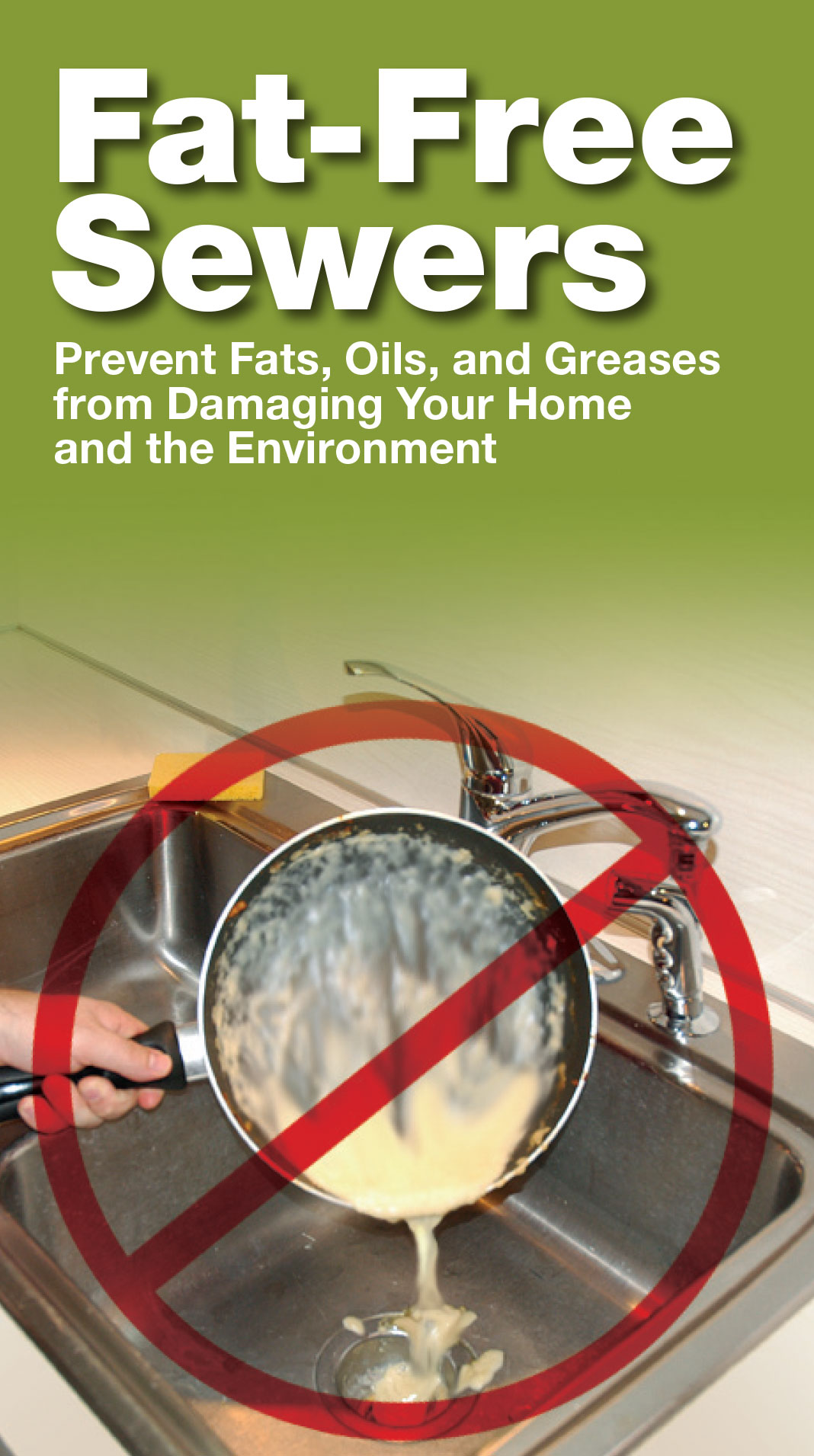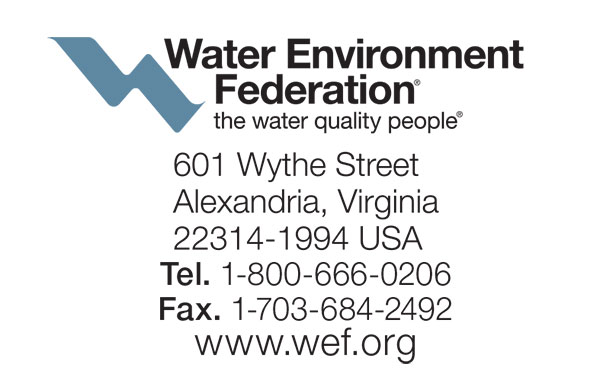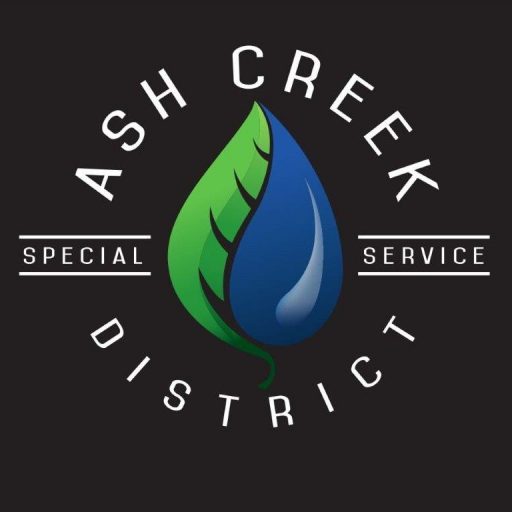Helping To Prevent Sewer Overflows
And Backups Is Easy.
Fats, oils, and greases aren’t just bad for arteries and waistlines; they’re bad for sewers, too.
Sewer overflows and backups can cause health hazards, damage home interiors, and threaten the environment. A common cause of overflows is sewer pipes blocked by grease. Grease gets into the sewer from household drains as well as from poorly maintained grease traps in restaurants and other businesses.
Where Does the Grease Come From?
Grease is a byproduct of cooking that comes from meat fats, lard, oil, shortening, butter, margarine, food scraps, baked goods, sauces and dairy products. When washed down the sink, grease sticks to the insides of sewer pipes (both on your property and in the street). Over time, it can build up and block an entire pipe.
The results can be:
- Raw sewage overflowing in your home or the house next door.
- An increase in operation and maintenance costs for local sewer departments, which leads to higher sewer bills for customers.
- An expensive and unpleasant cleanup that often must be paid for by you, the home or business owner.
- Raw sewage overflowing into parks, yards, and streets.
- Potential contact with disease-causing organisms.
You Can Help!
Help prevent sewer overflows by:
- Never pouring grease down sink drains or into toilets.
- Putting baskets/strainers in sink drains to catch food scraps and other solids, and emptying them into the trash.
- Scraping grease and food scraps into a can or the trash for disposal (or recycling where available).
- Speaking with your friends and neighbors about how to keep grease out of sewers.


